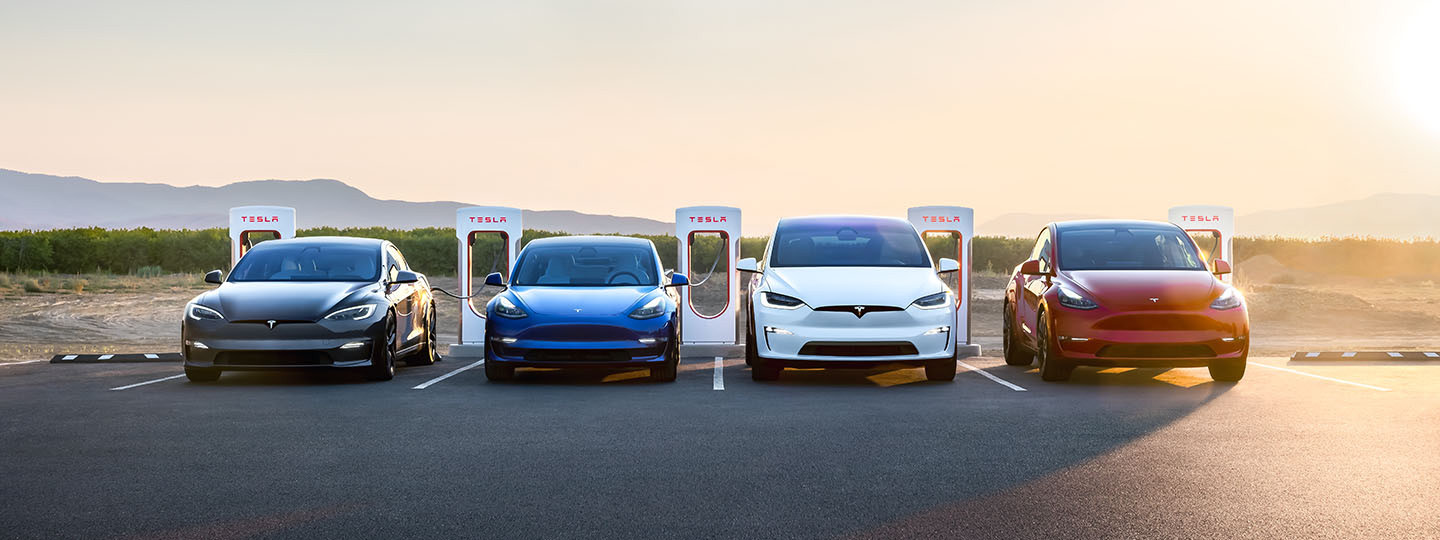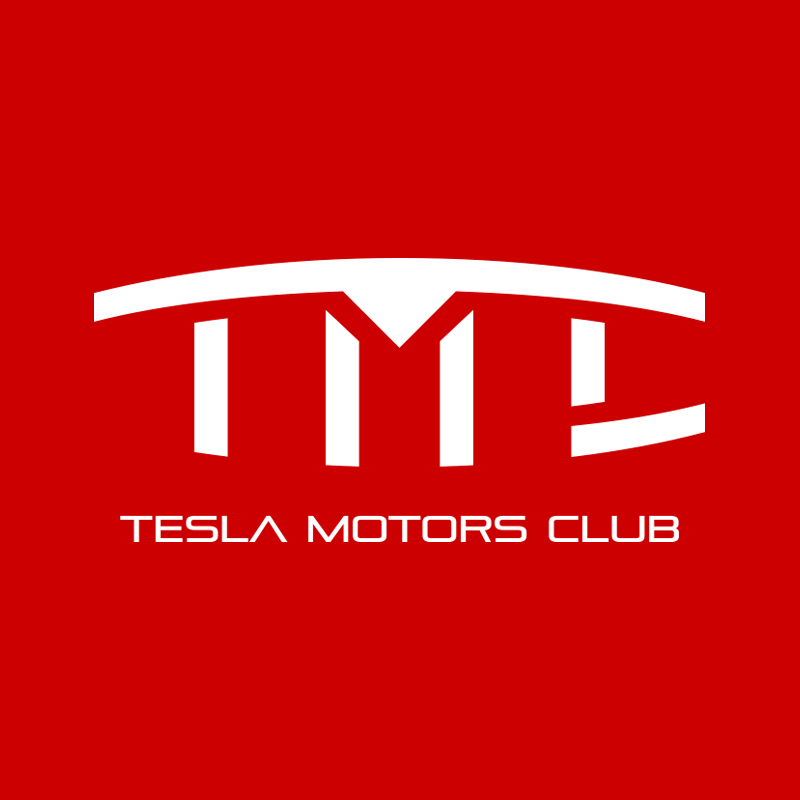pdx_m3s
Active Member
All V3s will open up to CCS. V2 can’t.we don't know whether that will consist of opening up all stalls to CCS, or more likely, just some.
You can install our site as a web app on your iOS device by utilizing the Add to Home Screen feature in Safari. Please see this thread for more details on this.
Note: This feature may not be available in some browsers.
All V3s will open up to CCS. V2 can’t.we don't know whether that will consist of opening up all stalls to CCS, or more likely, just some.
And definitely a retrofit. If you look at images in the site threadSort of both? It is a retrofit of the Fort Worth, TX - Eastchase Parkway site which only opened 35 days ago.

Find Us | Tesla
Use the interactive Find Us map to locate Tesla charging stations, service centers, galleries and stores on the go.www.tesla.com
I'm not sure why you and everyone else seems to be saying this. There are plenty of V2 Superchargers that are open to non-Teslas in Europe. The technology is definitely there to allow for it.All V3s will open up to CCS. V2 can’t.
Well if anything, as I recall, Ford's announcement specifically said that they would only be able to use V3s.I'm not sure why you and everyone else seems to be saying this.
What do you mean we aren't there yet? In June when this was announced there were 13,290 V3 Superchargers in North America. That has only increased since then.I HAVE seen people keying in on the fact that there were about 12,000 v3s when the original announcements came out. Since we are not there yet
I believe they meant, ‘there are not yet 12,000 chargers open to non-Teslas’.What do you mean we aren't there yet? In June when this was announced there were 13,290 V3 Superchargers in North America. That has only increased since then.
I have to agree with OP and several others in this thread, I think this is a huge mistake for Tesla. Going further I think this opens them up to a class action lawsuit by shareholders. Let me explain.
A publicly traded companies officers owe a fiduciary duty of loyalty to their shareholders. They are legally expected to put the welfare and best interests of the company ahead of others. With that said opening up superchargers to other manufacturers has several obvious outcomes:
Pros:
-Maybe some miniscule at best charging revenue?
-Contribution to adoption of NACS as a charging standard?
That's really all I can see are there any other actual benefits missing here?
Cons;
-Increased usage leading to customer dissatisfaction.
-Increased maintenance via additional use. Presumably offset by charging revenue.
-Loss of sales. This is the big one, this WILL cost Tesla sales. This alone is reason enough to not open up the charging network. They exist as a company to sell cars. That is how they generate revenue for their shareholders. Taking an action that will absolutely reduce sales for no offsetting gain is flat out a violation of their responsibilities.
If this adds "charging revenue", even "minuscule", then where's the harm exactly?
You've not demonstrated your position that this will reduce sales. In fact, Tesla's auto sales have increased at a higher rate than their SC additions, so they are clearly not a limiting factor.
I would argue the opposite: this will increase sales. The other OEMs are going to setup their own chargers with NACS, so now all Teslas will gain the benefit of additional (albeit off-brand) charging stations.
No shareholder lawsuit will prevail without overwhelming evidence of gross malfeasance.
Easy, if the mission statement leads to a material decrease in company revenue and value that is directly against their fiduciary responsibility to shareholders. If Tesla didn't want to put shareholders first then should have remained private.And as stated before, they are promoting the company's mission statement so how can that be going against the company's best interest?
You can't have it both ways. If lack of L3 charging capability will harm demand, then bountiful L3 chargers will increase demand.the only way that other OEMs setting up their own chargers would increase Tesla sales is if people felt the tesla charging infrastructure was insufficient or too costly. An increase in sales is from someone buying who would not have done so otherwise
The second point is most, maybe all?, other OEMs operate through a dealership model. They would have to decide if they are going to install a charging network at a corporate level independent of their dealer model or through their dealerships. If the former then their cost and will be significant, and something they have never done before. If the later then they face significant obstacles in cooperation, forcing the cost onto those dealers, and resistance.
There really is no rational reason to think this does anything other than lower Tesla sales.
This topic pops up frequently, here's another one from today:

Real reasons behind selling us out to Ford in supercharging?
I would love to know the real story behind Elon letting Ford in on the supercharger game after they worked so hard for this competitive advantage. Political pressure? Pure profit? It would seem that Tesla drivers themselves will be the losers in this deal as wait times increase. Unless you...teslamotorsclub.com
This thread touched an idea I'd not considered: it was unlikely that the US would support multiple charging standards in the long term. This move by Tesla cements NACS as the standard, preserving the value invested in the SC network.
Funny you should mention that, the "blue oval" network is one of the biggest reasons that Tesla should keep their network closed. That network and the "required" chargers to be installed are so insufficient, low quality, and poorly maintained that they are just a farce. Take a look sometime at all the stations near you in blue oval, the overwhelming majority are just unusably bad. (As Ford's CEO recently famously found out.) Their dealerships already are resisting adoption of EVs (because they make the dealers less money) every way they can, you can bet that mandatory DCFCs' will be the cheapest they can get away with (read slow, low # of stalls, etc). If their agreement with Ford allows they will be installed where not accessible when the dealership is not open as well most likely....
Ford has the Blue Oval Network (really a partnership with the existing EV charge networks) and is requiring dealerships to install DCFC to be eligible to sell Ford EVs. Rivian has hundreds of "Adventure Network" charge stations in remote locations. And while ChargePoint, EA, et al may have dubious service records, they are switching their 50,000+ stations to NACS.
...
I'm not often called "irrational", even when drunk, so thanks for that.


